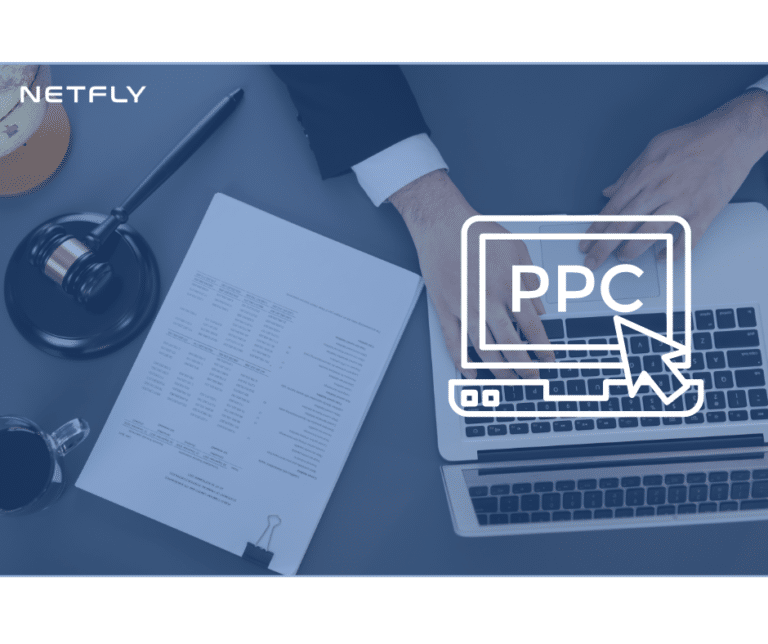Key Takeaways for SEO Simplified for Law Firms
- SEO is Essential for Law Firms:
It enhances visibility and connects you with the right clients online. - Website Optimization is the Foundation:
A well-designed, mobile-responsive, fast-loading website with quality content and effective keyword usage is crucial. - Content Strategy is Key:
Regularly updated, relevant content, including blogs and multimedia elements, boosts SEO. - On-Page SEO is Vital:
Optimize titles, meta descriptions, header tags, and images to make your pages attractive to search engines. - Off-Page SEO Expands Your Reach:
Building high-quality backlinks, leveraging social media, and engaging in local SEO practices are essential for your firm’s online reputation. - Regular Analytics Review is Necessary:
Use tools like Google Analytics to measure success and adapt your SEO strategy accordingly. - Stay Informed and Adaptable: SEO is constantly evolving, so staying updated with trends and best practices is essential.
In the digital court of public opinion, your law firm’s website is your most compelling evidence. But is it being seen? SEO, or Search Engine Optimization, isn’t just a buzzword; it’s the beacon that guides potential clients to your online doorstep.
Understanding SEO and Its Importance for Law Firms
SEO is the art and science of making your website more visible and attractive to search engines. It’s how you tell Google, “Hey, we’re here, and we’re exactly what people are looking for.” For law firms, good SEO isn’t just about getting found; it’s about finding the right clients.
The SEO Stage for Law Firms
Imagine SEO as a theatre. The better your performance (SEO strategy), the more likely you are to get a standing ovation (top search rankings). But it’s not just about the show; it’s about resonating with your audience.
Starting with Website Optimization
Your website is your digital headquarters. Make it count.
Design and User Experience: Your website should be a welcoming lobby, not a confusing maze.
Mobile Responsiveness: In a world scrolling on smartphones, if you’re not mobile-friendly, you’re not client-friendly.
Speed Optimization: Speed isn’t just a convenience; it’s a necessity. Slow websites are like slow lawyers – not preferred.
Quality Content: This is your chance to showcase your expertise. Make every word count.
Effective Keywords: They’re the signposts that guide clients to your site. Choose wisely.
Building a Strong Content Strategy
Content is your firm’s voice in the digital world. What are you saying?
Relevant Topics: Speak about what matters to your clients. Bankruptcy, family law, personal injury? Your content should reflect your expertise.
Blogging and Articles: Every post is an opportunity to answer questions, offer insights, and showcase your knowledge.
Multimedia Elements: Videos and infographics are the spices that enhance your content’s flavor.
Regular Updates: Keep your content fresh. Stale content is like outdated law books – not very useful.
On-Page SEO Techniques
This is where you make your pages irresistible to search engines.
Optimized Titles and Descriptions: These are your billboards on the search engine highways.
Header Tags and Structured Data: They help search engines understand your content’s structure, like a well-organized legal argument.
Internal Linking: Connect the dots within your website. Make it easy for visitors (and search engines) to navigate.
Off-Page SEO Strategies
Your website’s reputation extends beyond its own pages.
Quality Backlinks: They’re like referrals from other websites. The more reputable the referrer, the better.
Social Media: It’s not just socializing; it’s signalizing to search engines that your content is valuable.
Local SEO: For local law firms, local SEO is like being a big fish in a small pond.
Legal Directories: They’re not just directories; they’re endorsements.
Measuring SEO Success and Analytics
If you can’t measure it, you can’t improve it.
Google Analytics: It’s like a diagnostic tool for your website. Use it.
Keyword Rankings: Where do you stand in the grand search engine ranking tournament?
User Behavior: Understand what your visitors are doing. It’s like client feedback but in data form.
Common SEO Mistakes to Avoid
Even the best can make mistakes.
Keyword Stuffing: It’s like over-talking in court. Don’t do it.
Ignoring Local SEO: It’s like forgetting your local community while trying to make a national name.
Neglecting Mobile Optimization: In today’s world, that’s like ignoring a significant portion of your potential clients.
Inconsistent Publishing: Sporadic updates are like sporadic client communication – not effective.
Staying Updated with SEO Trends
SEO is an ever-evolving landscape. Stay informed, stay adaptable.
Algorithm Changes: They’re like the amendments to the law. Keep up.
New Best Practices: Your strategies should evolve as the digital world evolves.
Continuous Learning: In SEO, as in law, the learning never stops.
Conclusion
In the realm of digital presence, SEO is not just a tool; it’s a necessity. It’s the bridge that connects your law firm to the world. Start implementing these steps, and watch as your online presence transforms from a whisper to a roar.
Dive into the world of SEO. Apply these strategies and watch your law firm rise in the ranks. Need more guidance? NETFLY is here to help. Let’s elevate your firm’s digital presence together.
FAQ
Q: What is the most important factor in SEO for law firms?
A: While several factors contribute to effective SEO, having high-quality, relevant content that resonates with your target audience is the most crucial. This and proper website optimization set a solid foundation for your SEO efforts.
Q: How long does it take to see results from SEO?
A: SEO is a long-term strategy, and results can vary. Typically, it can take anywhere from 2 to 6 months to start seeing significant improvements in rankings and traffic, depending on the competitiveness of your market and the effectiveness of your strategies.
Q: Is local SEO important for law firms?
A: Absolutely. For most law firms, local SEO is critical as it targets clients in your specific geographic area. This includes optimizing for local keywords, creating location-specific content, and ensuring your firm is listed in local directories and Google My Business.
Q: How often should I update my website’s content for SEO?
A: Regular updates are key. Aim to update your blog or news section at least once a week with fresh, relevant content—consistency in publishing new content signals to search engines that your site is current and provides valuable information.
Q: Do online reviews impact my law firm’s SEO?
A: Yes, online reviews, especially on platforms like GMB, can significantly impact your local SEO. Positive reviews improve your firm’s credibility and boost your search engine rankings.
Q: Can I handle my law firm’s SEO in-house, or should I hire an expert?
A: This depends on your knowledge and resources. Basic SEO can be managed in-house with some learning and effort. However, hiring an SEO expert or agency might be more effective for more complex strategies or competitive markets.










